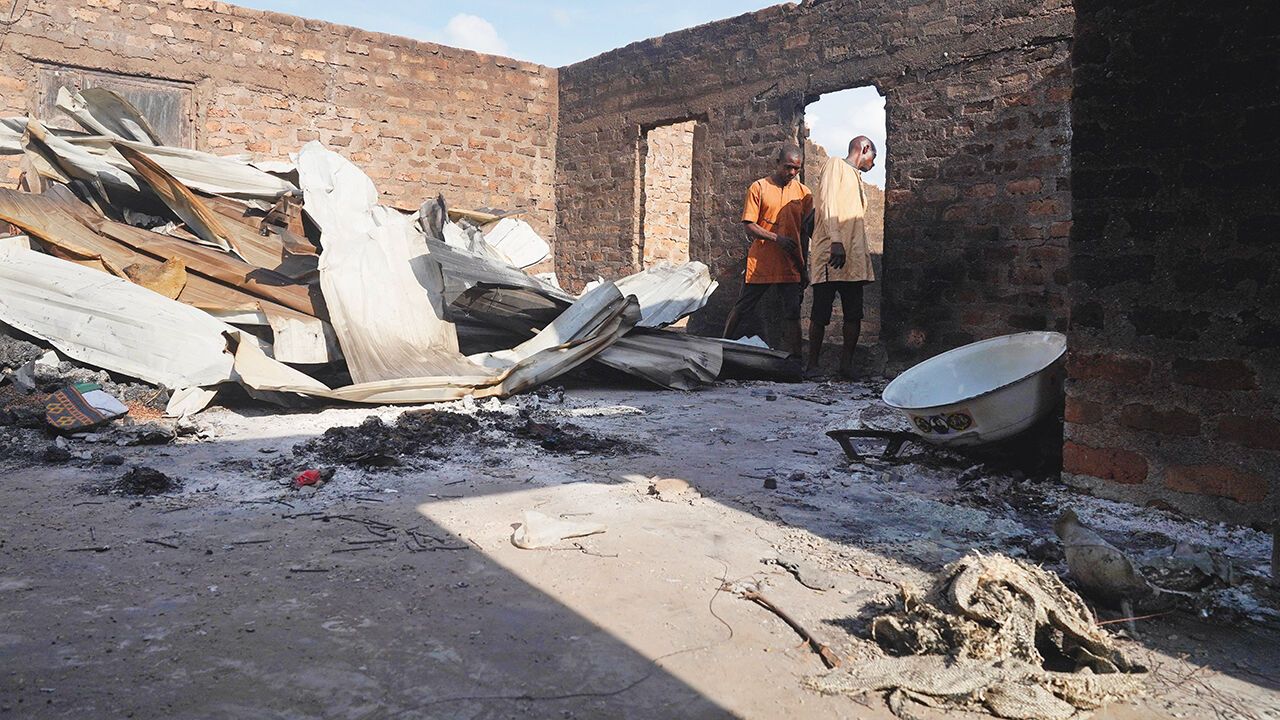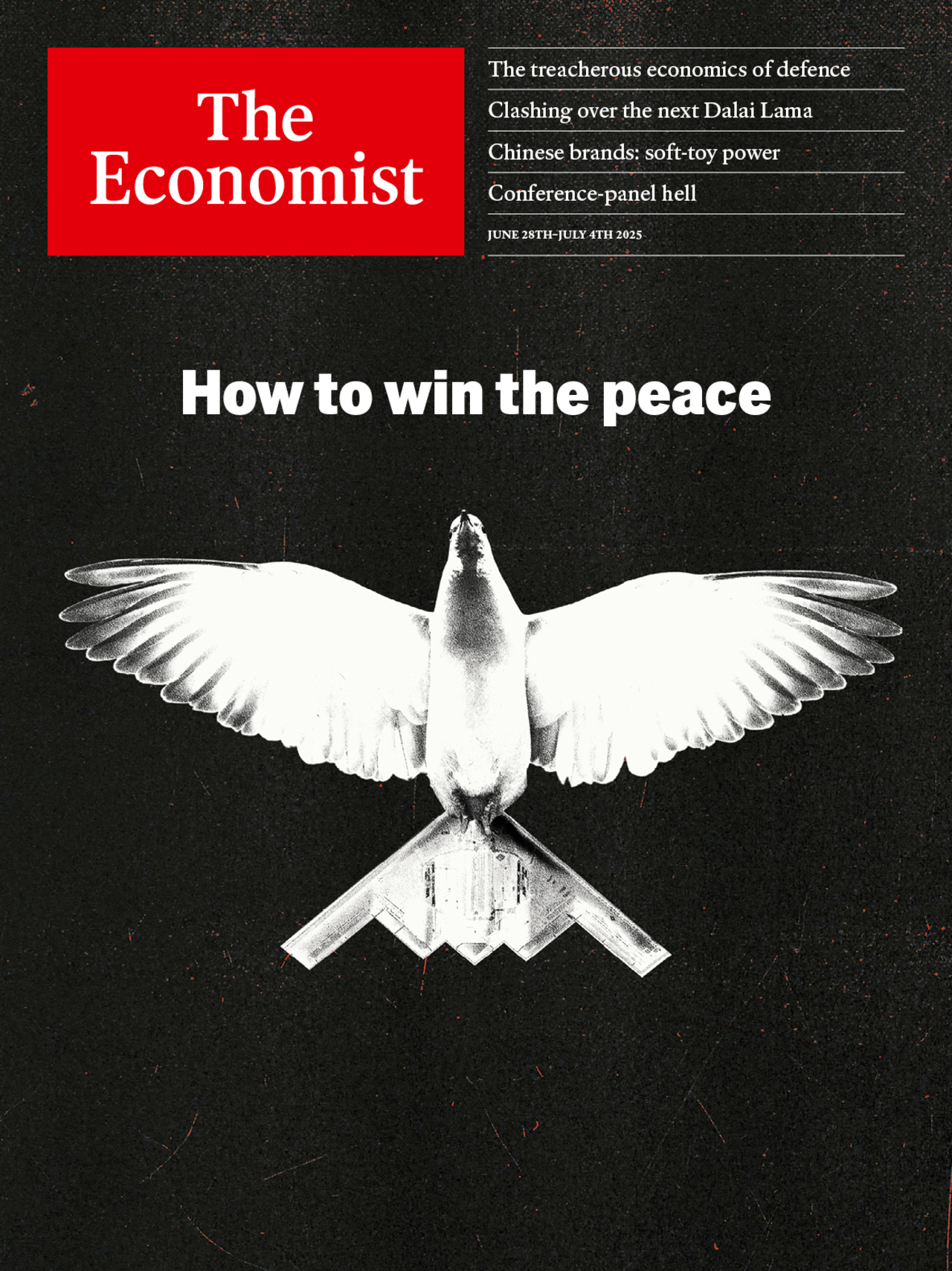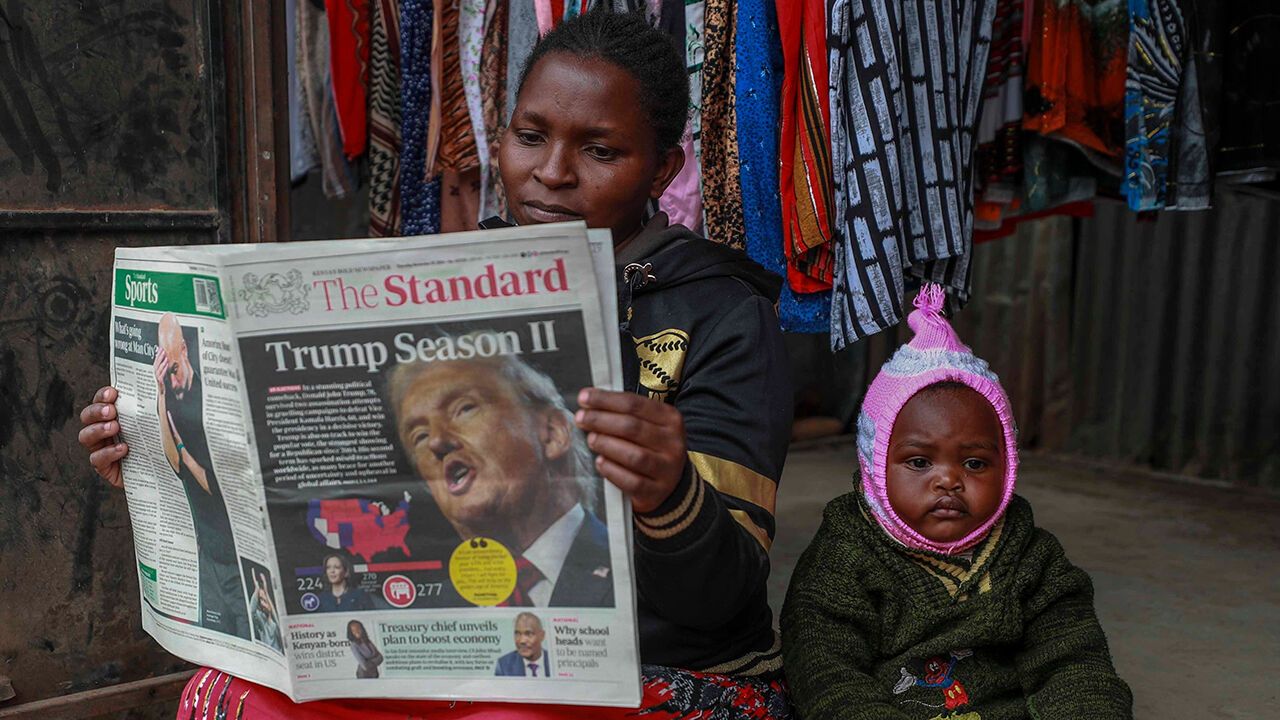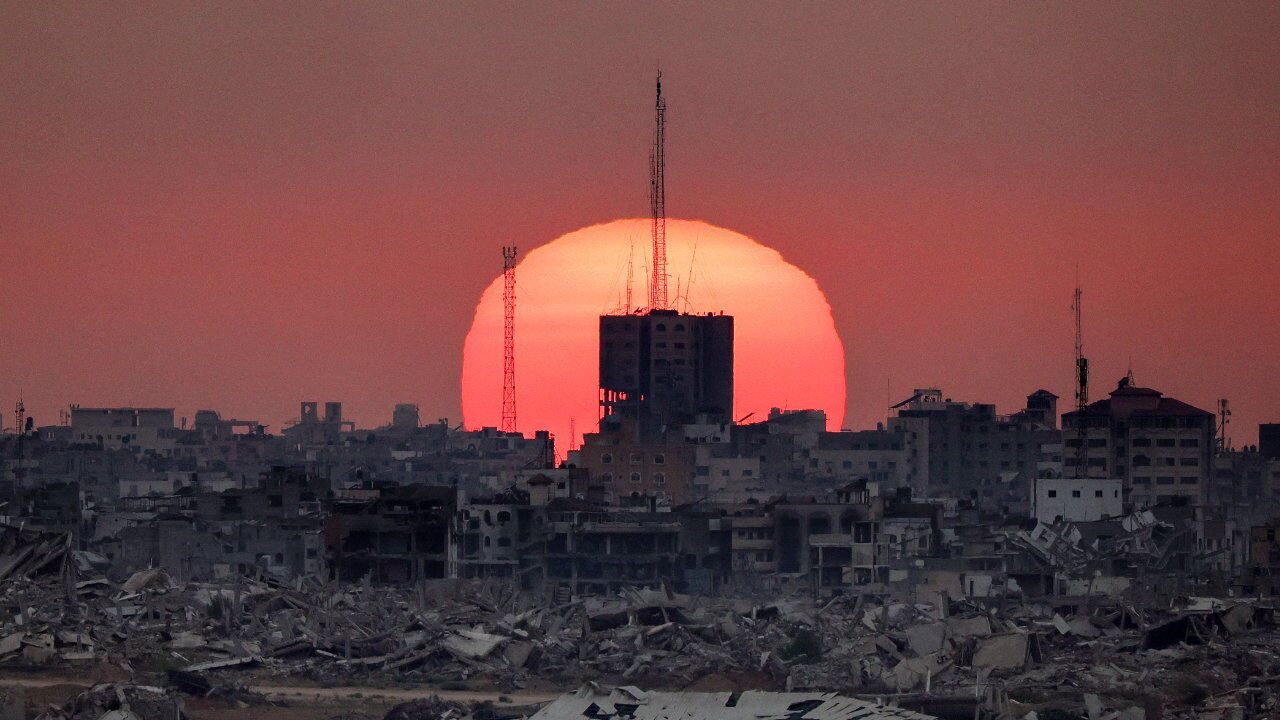Farmers in central Nigeria are being killed with impunity
The government is failing to protect them

Those lucky enough to be light sleepers knew exactly what to do once they heard the gunshots: run. For the people squatting in the church, the school and the market stalls of Yelewata, a village in central Nigeria, the rainy night of June 13th was not the first time they had been attacked. After the gunshots came the raids; then, arson. Amnesty International reckons more than 100 people were gunned down, butchered and set ablaze that night.
This article appeared in the Middle East & Africa section of the print edition under the headline “Deaths in the night”

From the June 28th 2025 edition
Discover stories from this section and more in the list of contents
Explore the edition
Donald Trump’s approach to Africa is very, well, African
What a meeting with five leaders says about his administration’s interest in the continent

Can Donald Trump force a ceasefire in Gaza?
As Binyamin Netanyahu travels to Washington, negotiators in Doha are racing to hammer out the details

The Israel-Iran war has not yet transformed the Middle East
Peace deals may be elusive, and Gulf states fear the war is far from over
Kenya’s president is bad news for Kenya and Africa
William Ruto’s tenure is a how-to guide for sowing cynicism about democracy
Iran’s “axis of resistance” was meant to be the Shias’ NATO
But today transnational political Shiism is struggling for its survival
Israel’s weird war clock: 12 days for Iran, 21 months in Gaza
Making peace with the Palestinians looks much harder than with Iran’s regime or Shias in Lebanon

